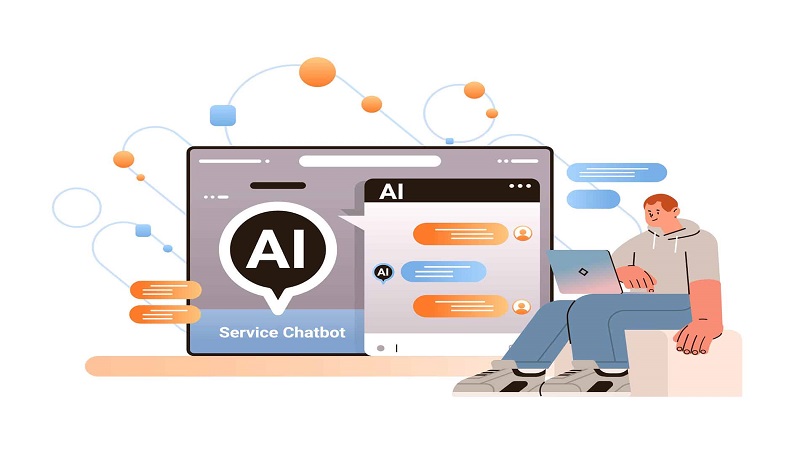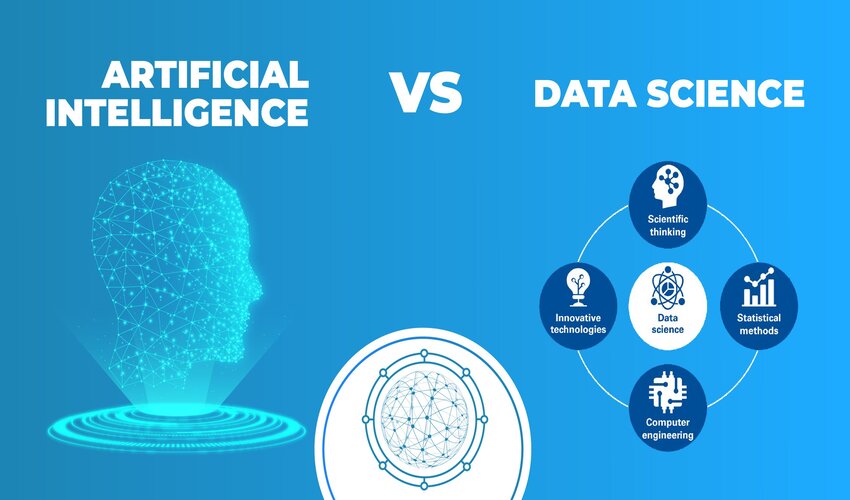Developers are always on the lookout for ways to increase productivity and code quality, and the rise of AI prompts is helping them do just that. By offering intelligent suggestions for code snippets, variable names, and function parameters, AI prompts are changing the way developers work and collaborate.
AI prompts are a type of artificial intelligence that provides suggestions and predictions to developers while they write code. These suggestions can range from simple autocompletes to more complex suggestions based on code context and past usage. The importance of AI prompts in programming cannot be overstated. They help developers save time, reduce errors, and increase collaboration among team members. In this article, we’ll explore what AI prompts are, how they work, and how they are revolutionizing the way developers code.
What are AI Prompts?
AI prompts are a type of machine learning algorithm that uses natural language processing and pattern recognition to suggest code snippets and syntax based on context. There are different types of AI prompts, including:
- Autocomplete: suggests the next word or phrase based on the input
- Context-aware prompts: suggests code snippets based on the context of the code
- Predictive prompts: predicts the next line of code based on past usage and the context of the code
AI prompts work by analyzing the code that has already been written, identifying patterns and common usage, and suggesting the most likely next steps based on that analysis. Examples of AI prompts include GitHub’s Copilot, Codota, Deep TabNine, and Kite.
Benefits of AI Prompts
The benefits of AI prompts in software development are numerous. Here are some of the most important ones:
- Increased productivity: AI prompts can help developers write code faster by suggesting the most common code snippets, syntax, and parameters. This can save time and reduce frustration.
- Better code quality: AI prompts can help catch errors and suggest better coding practices, resulting in higher quality code.
- Reduced errors and debugging time: By reducing the number of errors in the code, developers can save time on debugging and testing.
- Improved collaboration among team members: By suggesting code snippets and parameters, AI prompts can help team members work together more efficiently, leading to better teamwork and more productive workflows.
Implementing AI Prompts
To implement AI prompts effectively, developers need to follow best practices and address common challenges such as privacy and bias. Some of the best practices for implementing AI prompts include:
- Choosing a tool that is compatible with the programming language and development environment being used
- Regularly updating the tool to ensure compatibility with the latest versions of the programming language
- Ensuring that the tool is secure and compliant with privacy regulations
- Providing training to team members on how to use the tool effectively
Some companies that have successfully implemented AI prompts into their development workflows include Microsoft, Uber, and IBM.
Realizing the Benefits of AI Prompts
To realize the benefits of AI prompts, it’s important to measure their impact on productivity, code quality, and collaboration. Success stories from companies that have implemented AI prompts include:
- Microsoft: by using AI prompts to suggest code snippets and parameters, Microsoft was able to reduce the time spent on coding tasks by up to 50%.
- Uber: by using AI prompts to suggest common coding patterns and practices, Uber was able to reduce the number of errors in its code and improve collaboration among team members.
- IBM: by using AI prompts to suggest the most likely next steps in code development, IBM was able to increase productivity and reduce errors in its development workflows.
The Future of AI Prompts
As the development of AI technology advances, we can anticipate a significant growth in the potential of AI prompts. In the near future, we can expect to see the emergence of the best AI tools that can provide comprehensive suggestions for code blocks, generate test cases, and even debug code autonomously. Furthermore, the future advancements in AI technology have the potential to further improve AI prompts by incorporating new and innovative features.
Potential advancements in AI technology that could enhance AI prompts further include:
- Better natural language processing algorithms that can understand code syntax and structure more accurately
- Integration with other AI technologies such as machine learning and computer vision to provide more context to the code being written
- Collaboration between AI and humans to provide more personalized and relevant suggestions based on the developer’s past usage and preferences
Potential applications for AI prompts in other areas of software development, such as testing and debugging, could also revolutionize the way developers work.
Challenges of AI Prompts
Despite the benefits of AI prompts, there are also several challenges that developers need to address. These include:
- Privacy concerns: AI prompts can sometimes suggest sensitive information, such as passwords or confidential data. Developers need to ensure that the AI prompt tool they are using is secure and compliant with privacy regulations.
- Bias and ethics: AI prompts are only as unbiased as the data they are trained on. Developers need to be aware of potential biases in the training data and take steps to mitigate them.
- Integration with existing tools: AI prompts need to integrate smoothly with other tools and workflows to be effective. Developers need to ensure that the AI prompt tool they are using is compatible with their existing development environment.
Conclusion
AI prompts are changing the way developers work and collaborate. By providing intelligent suggestions for code snippets, syntax, and parameters, AI prompts can help developers save time, reduce errors, and improve code quality. As AI technology continues to advance, we can expect to see even more powerful and intelligent AI prompts that will revolutionize the way we code. However, developers must also address the challenges of privacy, bias, and integration to ensure that AI prompts are used effectively and ethically.

















Leave a Reply